Table of Contents
ToggleVitamin D Foods
Vitamin D is one of the most essential vitamins, so much so that it is hailed as a “PROHORMONE OR MULTI-FUNCTION HORMONE”. It is not only required for various functions to take place in the body but also it has numerous physiological and health benefits. If you want to know in detail about vitamin D and its importance, you can check this out Sunlight: The Powerhouse of Vitamin D.
Despite sunlight being such a potent source of boosting up one’s health, there is a massive level of vitamin D deficiency across the globe due to extremely low exposure to the sun and hectic life. If you are also facing trouble having adequate vitamin D on a daily basis, then you have clicked the right article. Here’s the list of “TOP 11 VITAMIN D FOODS” which will help you to meet your daily vitamin D requirement.
How much vitamin D per day is needed?
The adequate dosage of vitamin D depends upon various factors like health condition, age, gender, etc. But on an average basis, 1,000-4,000 IU of vitamin D is recommended to most of the individuals. And 2,000 IU of vitamin D is a safe and healthy regular intake for everyone.
11 High Vitamin D Food Sources
(1) Cod Liver Oil
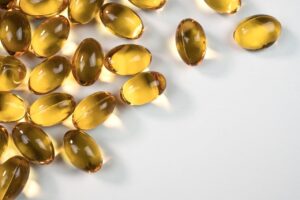
Cod liver oil is an oil which is extracted/pressed from the liver of cod fish. 1 tsp of cod liver oil has an estimated level of 450 IU of vitamin D and 1 tbsp has roughly 1,360 IU of vitamin D.
Cod liver oil is not only an excellent source of vitamin D but also extremely rich in vitamin A and omega-3 fatty acids. It reduces the risk of CVDs(Cardiovascular Diseases), strengthens the bones, curbs inflammation and promotes eye health.
(2) Mackerel Fish
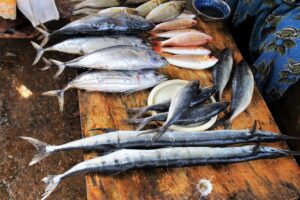
Fishes are also a great non-vegetarian source of vitamin D. And out of all the fishes, there are only a few which are high in vitamin D and the ‘Mackerel Fish’ is in the top. 100 gm mackerel contains around 1,000 IU of vitamin D. That’s a lot, isn’t it?
Mackerel fish is also a potent source of vitamin B2, vitamin B3, vitamin B6 and vitamin B12. As a matter of fact, it is a great source of protein and minerals like selenium, potassium, sodium and magnesium.
Consumption of mackerel fish ensures decreased levels of cholesterol and blood sugar. Also it may help in supporting your heart health and cognitive ability.
(3) Swordfish
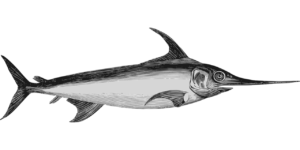
Swordfish is also one of the highest sources of vitamin D among fishes. 100 gm of swordfish has an estimated value of 550-670 IU of vitamin D.
It is also enriched in selenium, potassium, magnesium and phosphorus and helps to strengthen the bones and reduce the risk of heart disorders and cancer.
(4) Sockeye Salmon Fish
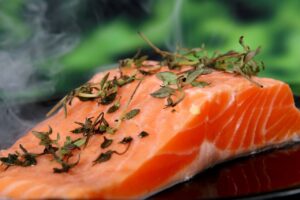
Salmon fish is not only one of the potent sources of good quality protein but also vitamin D. 100 gm of sockeye salmon contains roughly 525-530 IU of vitamin D.
It also contains vitamins like vitamin B6, vitamin A and vitamin B12 and minerals like iodine, iron, calcium, copper, potassium and so on. Sockeye salmon boosts heart health, brain health and also tackles inflammation.
(5) Tuna Fish
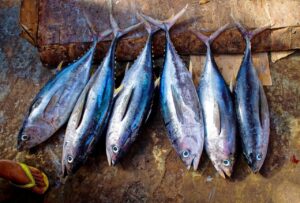
Tuna fish is also one of the most consumed, high protein and rich sources of vitamin D. 100 gm of tuna fish has an estimated value of 270 IU of vitamin D.
Tuna fish is also a rich source of vitamin A, phosphorus, selenium and iron and reduces cholesterol levels, risk of CVDs(Cardiovascular Diseases) and cancer.
(6) Sardines Fish

100 gm sardines fish contains 190 IU of vitamin D. Sardines are an excellent source of vitamin K, vitamin B1, vitamin B6, vitamin C, potassium, calcium, selenium and many other vitamins and minerals as well. It also soothes inflammation in the body.
(7) Egg Yolk

Eggs are an outstanding source of protein and egg yolks have a lot of vitamin D in it, not egg whites. 1 egg contains roughly 45 IU of vitamin D out of which 40 IU is found in the egg yolk.
Egg yolks contain a high amount of vitamin A, vitamin E, vitamin K, vitamin B2, vitamin B6 and many more. It helps in boosting the immune system, lowers blood pressure and promotes eye health significantly.
(8) Butter
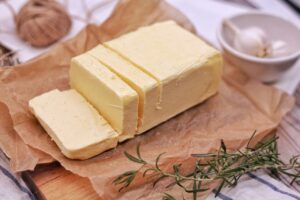
Out of all the options, butter is often the most neglected source of vitamin D. 100 gm of butter contains 60 IU of vitamin D. It is immensely rich in calcium, vitamin A, vitamin E and healthy fats. People generally avoid butter, assuming that it will lead to excessive fat but the reality is:it is a good source of good fats and limited consumption of it is healthy and beneficial.
(9) Mushroom

Mushrooms are one more option for vegetarians and vegans. 100 gm mushrooms contain roughly 7 IU of vitamin D, but sun-dried mushrooms are extremely rich in vitamin D, at least 400 IU of vitamin D is present in them.
However, mushrooms are rich in vitamin D2 which is not so beneficial and powerful as compared to vitamin D3.
(10) Vitamin D Fortified Foods

Fortified foods are such foods in which some specific and limited micronutrients(Vitamins and minerals) are added so as to increase the content of that specific micronutrient and improve the quality of the food.
As there are limited natural sources of vitamin D foods, fortification is really helpful and needed. Following are some examples of vitamin D fortified foods.
1) Milk
Milk is an excellent source of calcium and phosphorus and if you have read Sunlight: The Powerhouse of Vitamin D, then you would know that how important vitamin D is for absorption of calcium and phosphorus and to maintain their adequate levels. That’s why milk is always preferred to be fortified with vitamin D.
1. Cow Milk
100 ml of fortified cow milk contains an estimated level of 50 IU of vitamin D. This value depends from which brand you are buying and varies from brand to brand.
2. Soy Milk
As you have noticed the majority of the vitamin D foods are non-vegetarian foods as a result it gets harder for vegetarians and vegans to have adequate vitamin D from food sources. That’s why soy milk, which is a plant-based milk, is fortified with vitamin D to create ample options. 100 ml of soy milk contains around 40-50 IU of vitamin D.
2) Juice
Vitamin D fortified milk is a great option for vegetarian and vegan guys but what about lactose-intolerant people. For them, there is another choice, which is ‘Vitamin D fortified juice’. Juice like orange juice is also fortified with vitamin D to meet your daily vitamin D adequacy. 100 ml of vitamin D fortified orange juice contains 100 IU of vitamin D, but this value varies according to which brand you are going for.
3) Cereal
Nowadays many breakfast cereal and oatmeal are also fortified with vitamin D. The vitamin D content varies from brand to brand but on average, 100 gm of ‘vitamin D fortified cereal’ has 85-150 IU of vitamin D.
(11) Supplements
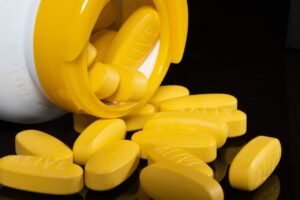
Among all the vitamin D foods, supplements are one of the best choices if your daily schedule is too busy and you cannot have whole foods and sunlight exposure often and regularly.
Vitamin D supplements are generally found in the market in the form of multivitamin, bone supplement or just as vitamin D supplement. But before purchasing, ensure that they have adequate dosage of vitamin D and that also vitamin D3.
Conclusion
If you are not able to take out some time from your daily life and hectic schedule to expose yourself to the sun, then these above mentioned “TOP 11 VITAMIN D FOODS” will help you to complete your daily vitamin D intake. The majority of these foods are easily available, affordable and delicious as well.


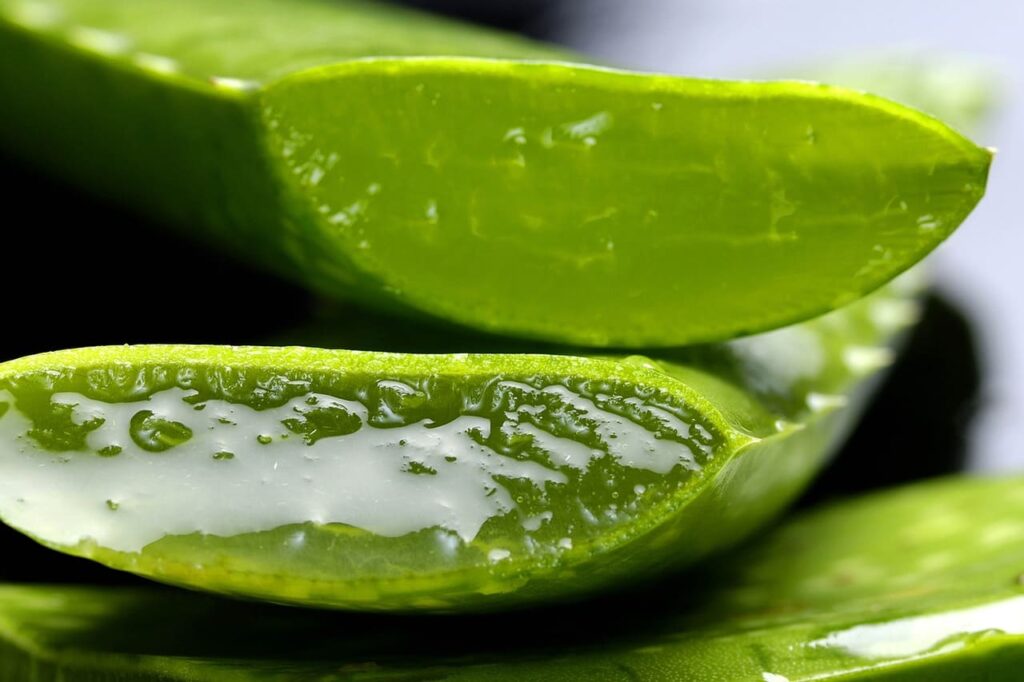

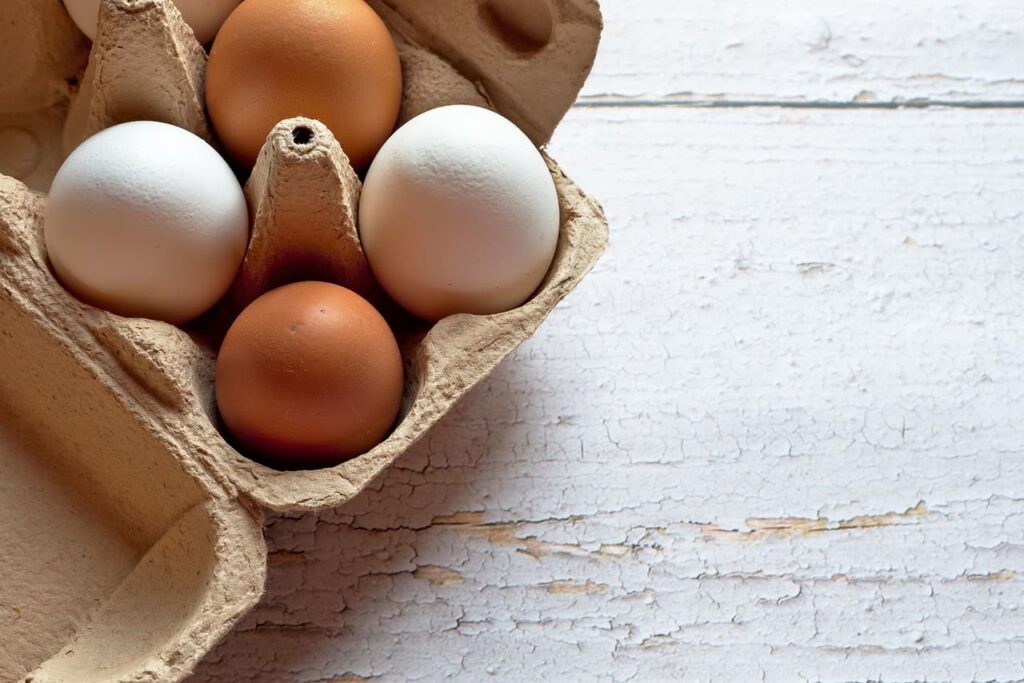
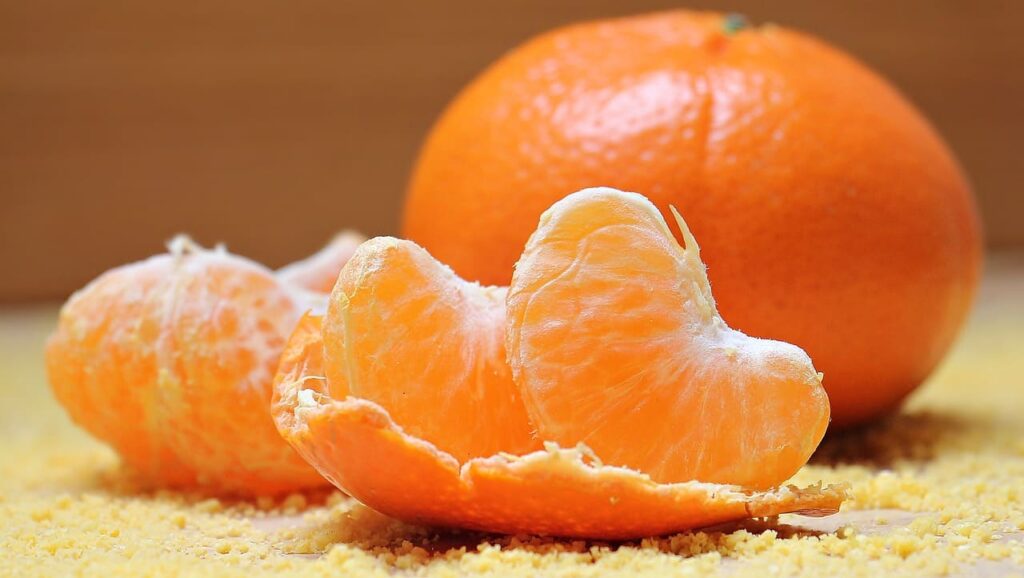
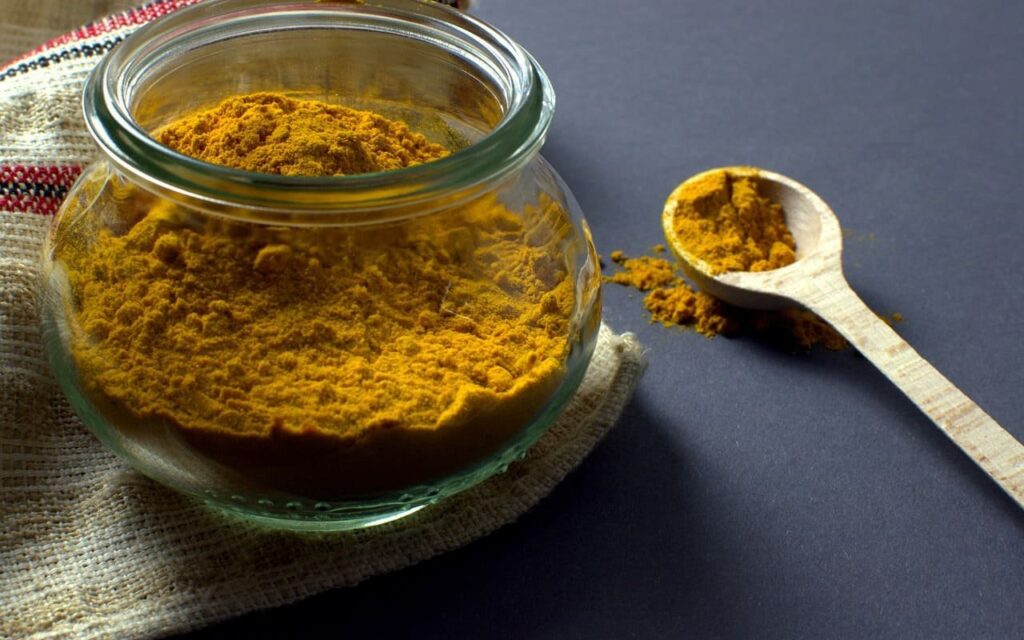

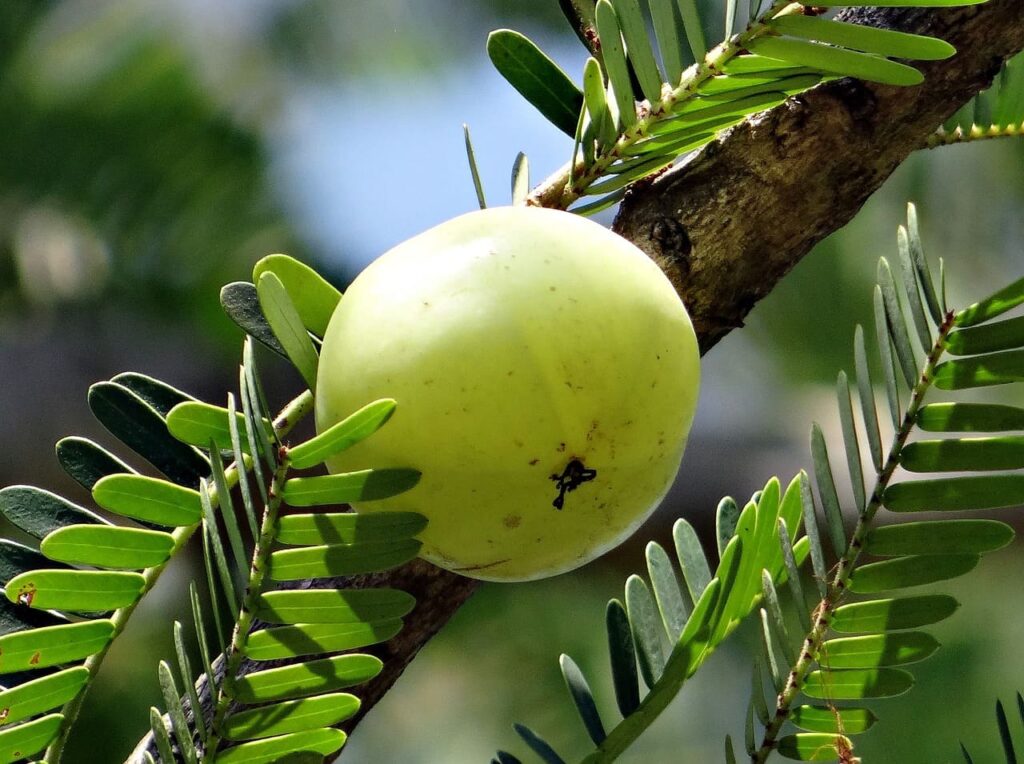
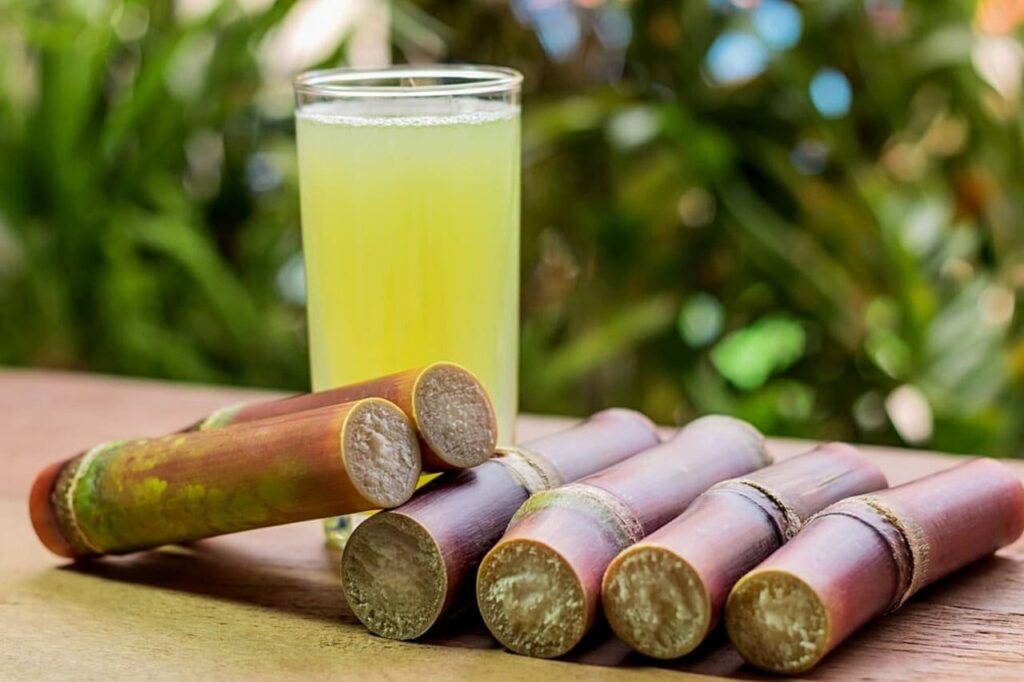

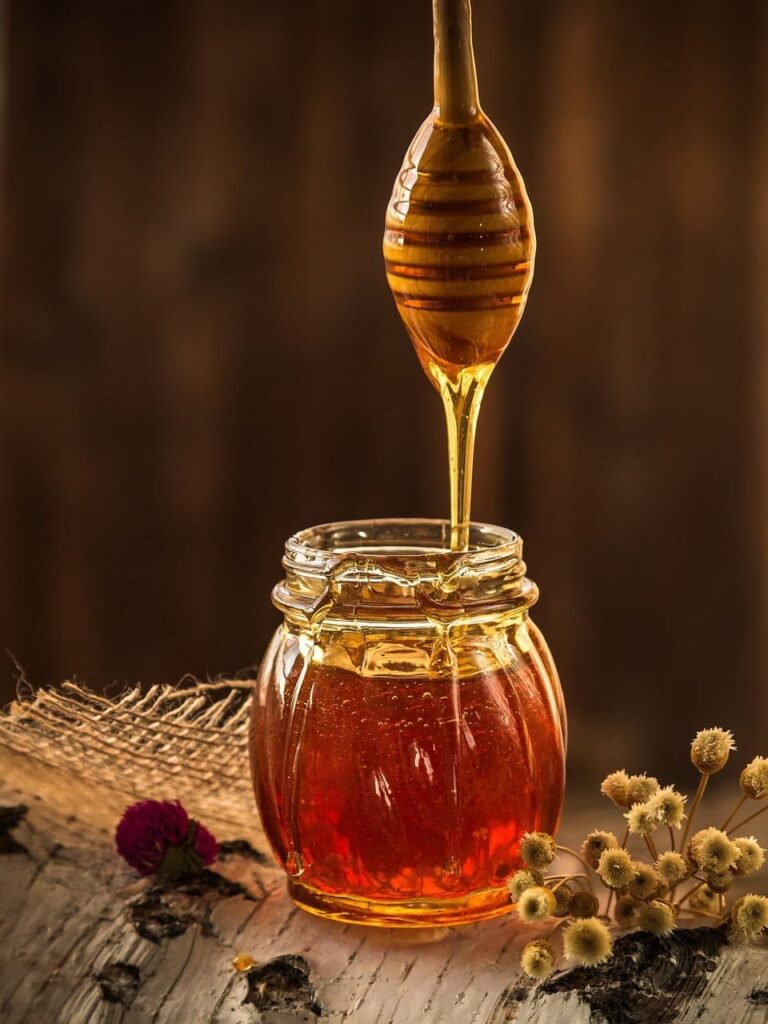

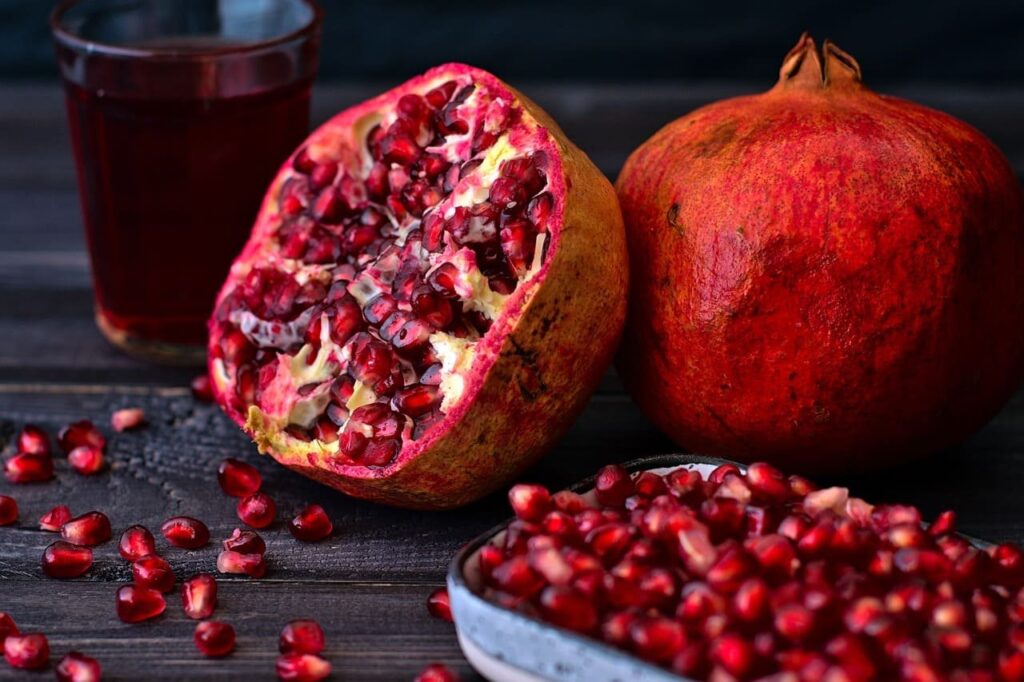



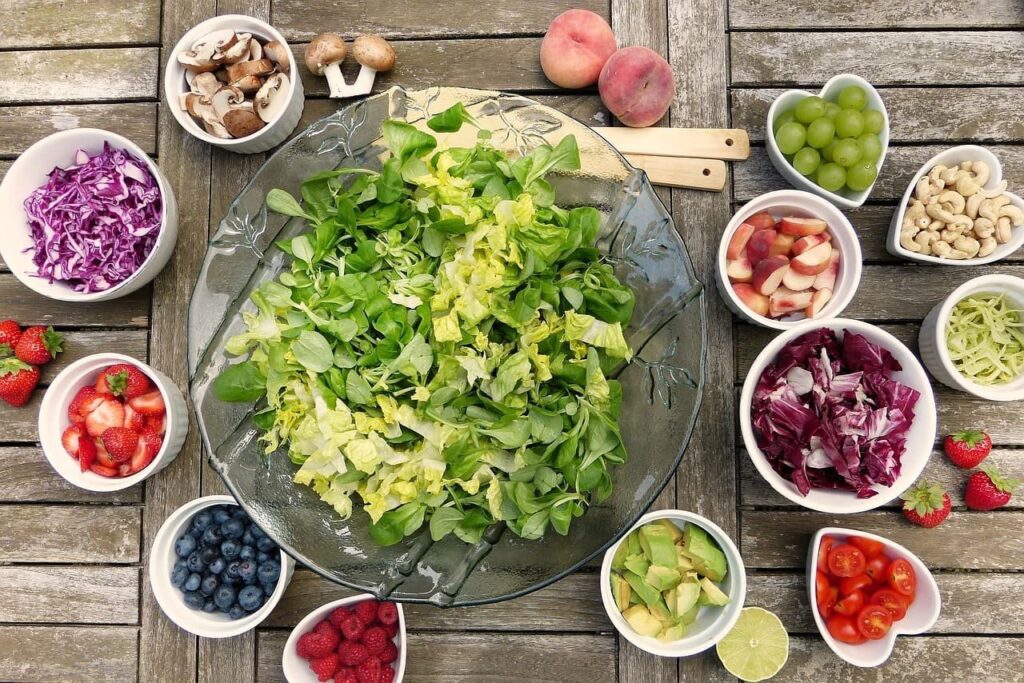
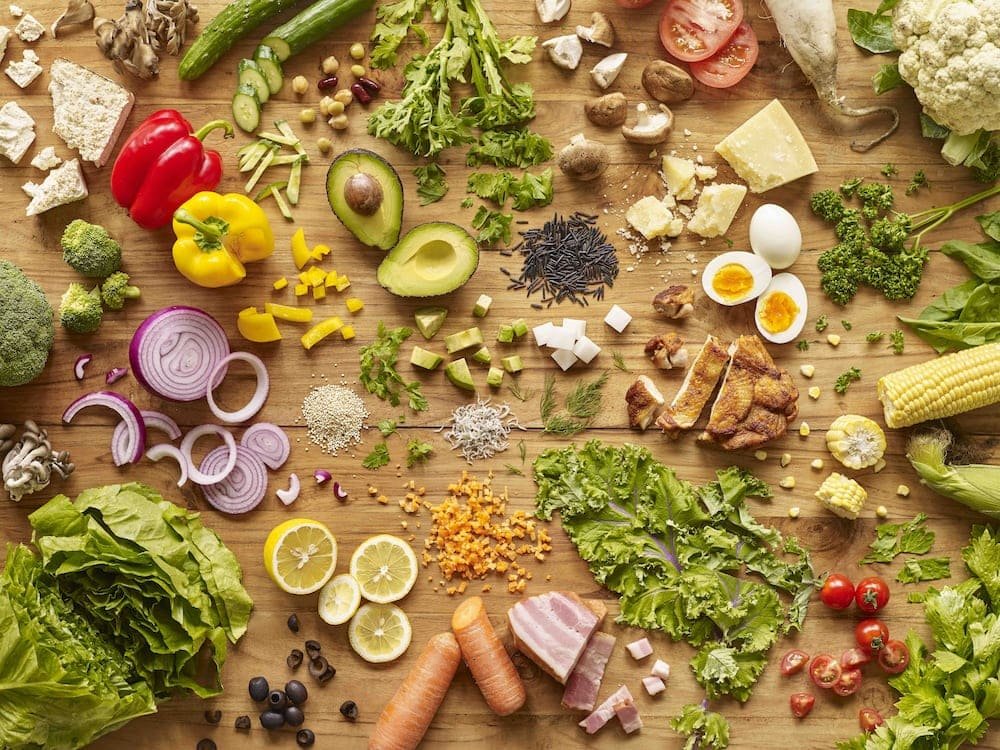
Very helpful and informative 😃
Thanks
Very helpful 👍
Thanks